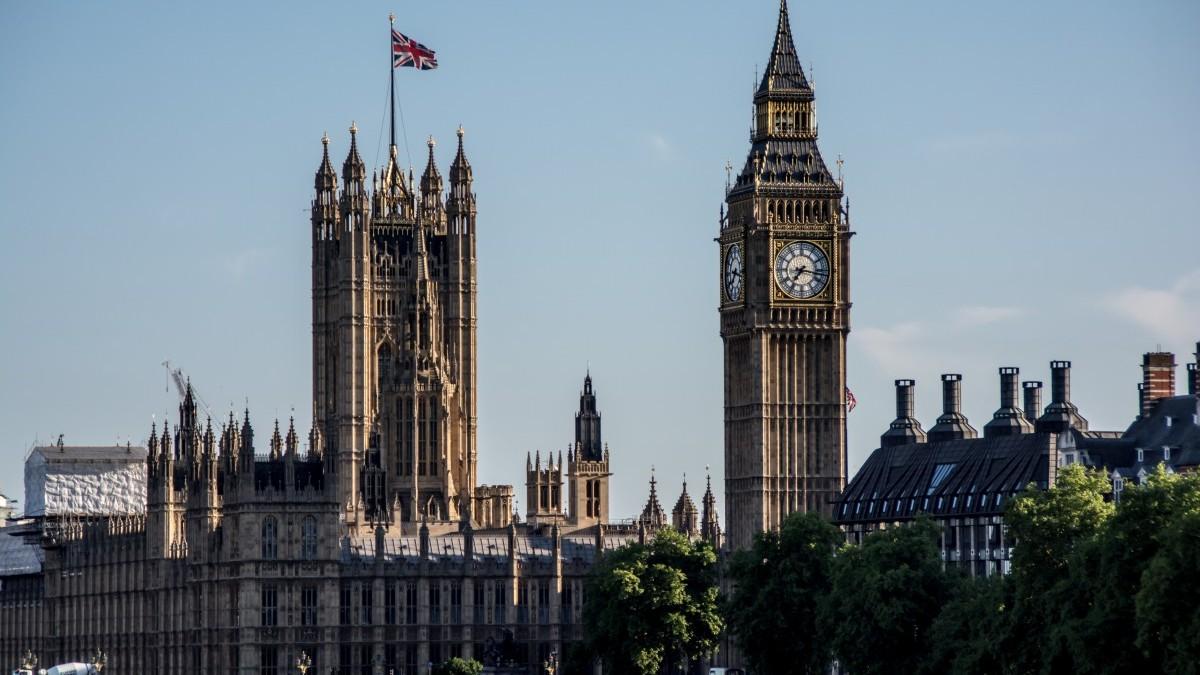The House of Lords has voted for amendments to the controversial Strikes (Minimum Service Levels) Bill – in order to protect physiotherapy staff and other public sector workers from being unfairly dismissed for taking part in strike action.

Yesterday, peers in the House of Lords voted in favour of a series of amendments to the Bill, which had been proposed by the Trades Union Congress (TUC) and fully supported by the CSP.
Peers voted by 221 to 197 in favour of a key amendment to the legislation, which would require a consultation before the use of key ministerial powers contained in the Strikes Bill, including the involvement of parliament.
And, importantly, a vote to add an amendment to the Bill that would ensure that 'Failure to comply with a work notice shall not be regarded as a breach of the contract of employment of any person identified in the work notice, or constitute grounds for dismissal or any other detriment' was passed, by 232 votes to 201.
An amendment was also agreed to limit the reach of the legislation to England, exempting Scotland and Wales from the Bill's measures.
And the majority of peers in the House of Lords also voted for an amendment, moved by Lord Callanan, which specifies that 'employers must not have regard to whether a person has or has not taken part in trade union activities, made use of their services or had issues raised by a trade union on their behalf'.
The CSP has welcomed all of the amendments as a victory for TUC and the influence of unions working together to protect workers’ rights.
Rob Yeldham, CSP director of policy, said: ‘All the amendments put forward by the TUC were passed, which is a great result and testament to their work.
If the legislation can’t be stopped completely, these amendments will have a real impact on reducing the detriment to workers
‘This is a great result for the TUC and wouldn’t have happened without the collective work of trade unions.'
TUC general secretary Paul Nowak said peers had 'done the right thing and voted to stop nurses, teachers, firefighters and other public sector workers getting sacked for exercising their right to strike.
He added that 'No one should be sacked for trying to win a better deal at work' and urged the government to rethink its legislation and protect the right to strike.
The Bill will now be updated to show all the amendments before being considered in a further reading in the House of Lords.
What did the Bill previously propose?
If passed into law, the unamended Bill would have allowed ministers to impose minimum service levels (MSLs) on services within six sectors: health services, education, fire and rescue, transport, border security, and the nuclear sector.
MSLs would allow employers in these sectors to impose a 'work notice' identifying individuals expected to carry on working during any strike action. Anyone specified in the work notice who then did take strike action would lose their protection from any automatic unfair dismissal.
However, last month, the Joint Committee on Human Rights concluded that the proposed legislation was deeply flawed, stating that it conflicted with Article 11 of the European Convention on Human Rights, which guarantees freedom of association, including the right to strike.
Commenting on the amendments passed by the House of Lords yesterday, Labour lord Ray Collins said: 'Whatever your views about the state of industrial relations in this country, we should all agree that a rushed process which puts power over making laws in the hands of ministers without proper parliamentary scrutiny and oversight is simply not right.
What this amendment seeks to do is not prolong, not delay, not frustrate, but to ensure parliament has proper oversight and that there is proper consultation with all those involved
Number of subscribers: 2



































